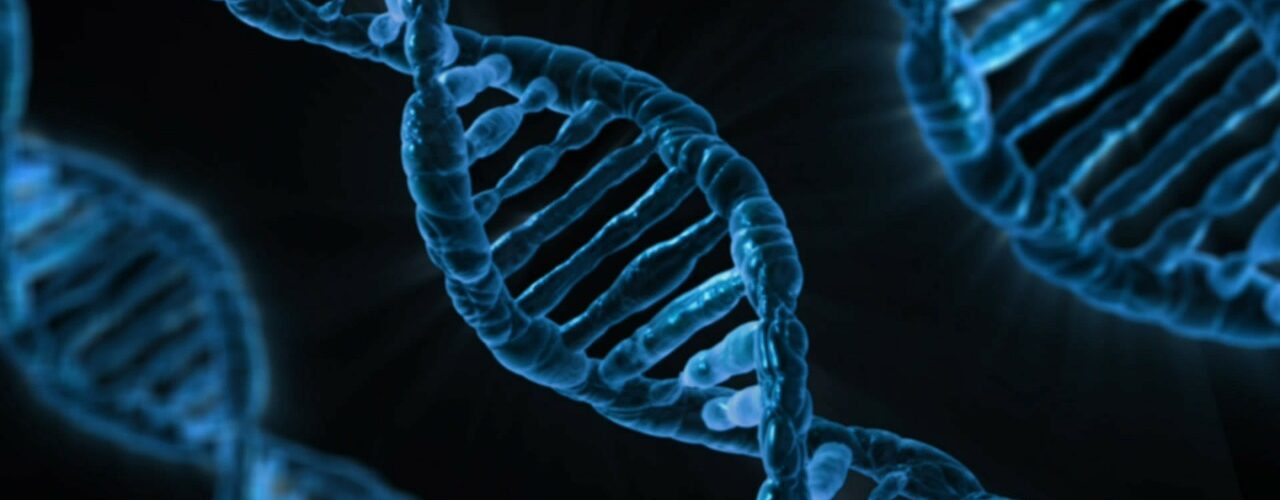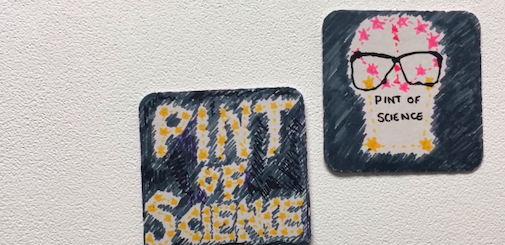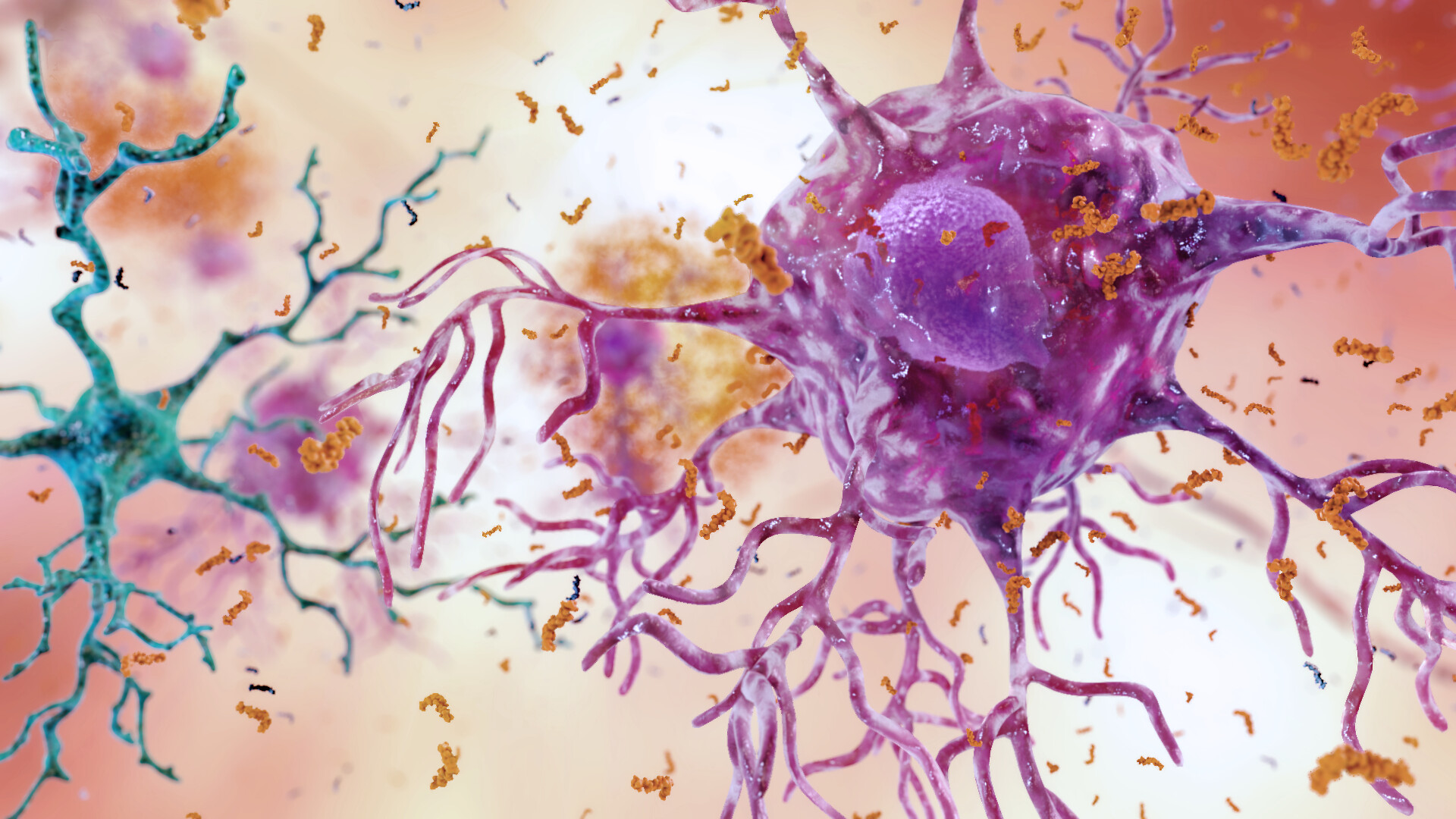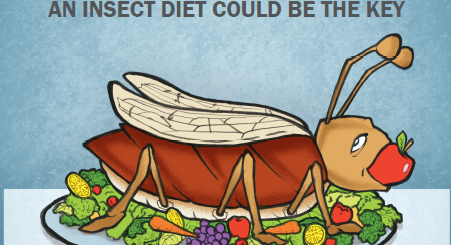Novel Treatment for Incurable Prader-Willi Syndrome

The rare, currently incurable, childhood disorder Prader-Willi syndrome (PWS) is a genetic disease which can cause life-threatening obesity, intellectual disability and even psychosis. However, a group of scientists in the USA have cleverly exploited the unique genetics of this disease and trialled an experimental therapy in mice with PWS1.
In every child, one copy of each chromosome is inherited from the mother and one from the father, resulting in two copies of each chromosome. A process called imprinting dictates which chromosome, the maternal or paternal copy, is expressed in the child. Normally imprinting dictates that the paternal copy of chromosome 15 is expressed. Unfortunately, in sufferers of PWS a section of the paternal chromosome 15 is lost, and so are all the genes encoded in this region, resulting in the disease’s broad symptoms. However, PWS sufferers still possess an undamaged copy of chromosome 15 from their mother. This maternal copy is normally silenced by the imprinting process which condenses the chromosome to prevent its genes from being expressed.
The researchers first screened for drugs which would target a protein called G9a, which is known to be a chromatin modifying protein able to condense DNA. Two candidate drugs were found to be able to inhibit the condensing activity of G9a. These G9a inhibitors were trialled in mice with PWS and were found to relax the maternal copy of chromosome 15 and allow expression of the genes in this region. This intuitive solution compensated for the lack of the paternal chromosome 15 region by effectively turning on the needed genes in the maternal chromosome. Both experimental drugs improved the growth and survival of the treated mice, with 15% reaching full adulthood without serious side effects.
Currently there is no cure for PWS and treatment is aimed at managing the compulsive overeating in sufferers who experience constant hunger. This study published in Nature Medicine represents a massive breakthrough for PWS research and the scientists involved now hope to test G9a inhibitors in preclinical studies to fully explore their potential.
Edited by Sarah Spence and Copyedited by Kim Wood










